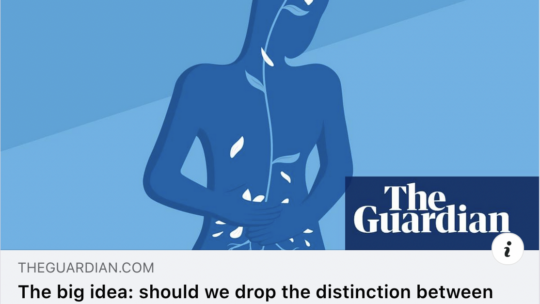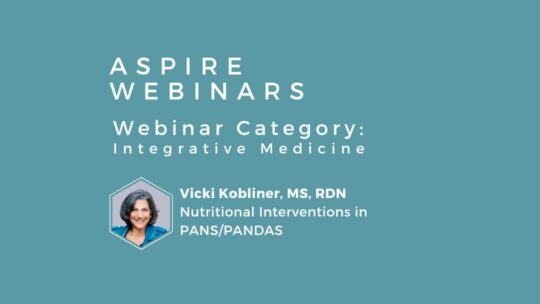“Our case report highlights the importance of a thorough history, including inquiring about past infections and investigations to look for autoimmune and infectious etiologies, including ASO and positive DNAse B titers, in adult patients with new onset movement disorders and no other identifiable etiology and risk factors. Further research is mandatory to investigate the incidence of movement disorders in the adult population after a streptococcal infection and the diagnostic approach and treatment modalities needed to manage such patients.”

Webinar – Craig Shimasaki, PHd, MBA – Can Infections Really Trigger Neuropsychiatric and Behavioral Disorders?
Speaker: Craig Shimasaki, PHd, MBA Webinar: Can Infections Really Trigger Neuropsychiatric and Behavioral Disorders? Understanding a Biological Basis for Autoimmune Attacks on the Brain Register to...





